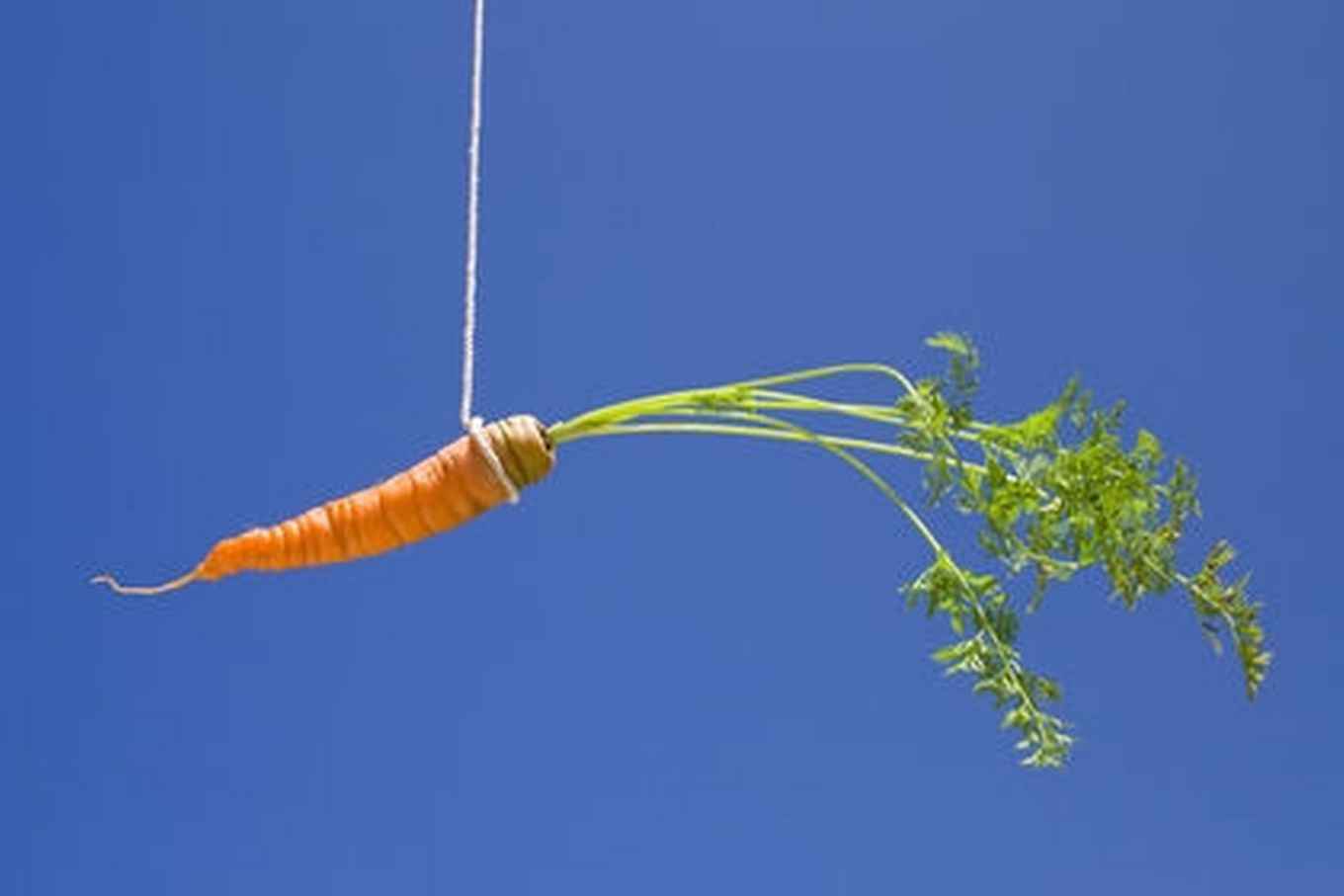Monetary incentives influence confidence judgements
1 June 2018

Researchers from the UvA and AMC-UvA have investigated how a monetary incentive can influence this feeling of confidence: do people become better or worse in estimating the probability of being right when such an estimation is accompanied by a monetary reward or penalty? The findings could have direct implications for bonus structures in medical and financial sectors where it is very important to know the level of confidence with which decisions are made. The results are published in Science Advances.
Inaccurately estimating confidence and the wrong decisions that follow as a result can not only have major consequences at a societal level but also at the individual level. Such ‘confidence miscalibrations’ may possibly be linked to psychiatric disorders that are characterised by problems in decision-making such as Obsessive-Compulsive Disorder (OCD) or gambling addiction – disorders in which sufferers also respond differently to incentives.
Profit or loss
To understand how incentives can influence confidence judgments, Maël Lebreton from the UvA teamed up with fellow researchers Ruth van Holst and Judy Luigjes from the AMC’s department of Psychiatry. The researchers investigated whether a monetary incentive – a reward or penalty – has an effect on how certain someone is about the accuracy of their decision. Research participants were shown two images and asked to indicate the one with the highest contrast. The confidence judgement was then incentivised with a profit or loss component and participants asked to rate the accuracy of their answer on a scale of 50 to 100%.
Lebreton: ‘We found in accordance with previous studies that people generally – without a monetary incentive – overestimate the probability of being correct, or in other words, they start off slightly overconfident. Yet, we also discovered that they become even more overconfident when faced with the prospect of gains, while the prospect of loss in turn decreases overconfidence.’ Besides measuring the effects of incentives on participants’ overall confidence level, the researchers also investigated how well the participants were able to discriminate a correct from an incorrect decision with their confidence estimation. ‘If your average level of confidence about correct decisions is much higher than about incorrect decisions, it could help you to more accurately judge when you’ve made a mistake’, says Luigjes. The researchers discovered that the prospect of both monetary reward and loss made the participants better at accurately estimating whether they have made a correct or incorrect decision.
More than a rational estimation
On the one hand monetary incentives make people better at confidently distinguishing correct and incorrect decisions. On the other, the results also show that monetary rewards make people more overconfident, which could lead to risky behaviour. A possible explanation for this is that the prospect of a monetary reward may change one’s affective state and, by extension, a person’s confidence judgement. It is important to take this into account in situations where decisions depend greatly on an accurate confidence judgement. ‘Additional experiments and clinical research are needed to understand the societal and individual implications of this phenomenon. As part of our follow-up research, we are currently investigating whether people who suffer from OCD or gambling addiction differently estimate their confidence in, says Van Holst.
Publication details
Maël Lebreton, Shari Langdon, Matthijs J. Slieker, Jip S. Noitgedacht, Anna E. Goudriaan, Damiaan Denys, Ruth J. van Holst en Judy Luigjes: ‘Two sides of the same coin: Monetary incentives concurrently improve and bias confidence judgments’, in: Science Advances, 30 May, 2018. Doi: https://doi.org/10.1101/099382